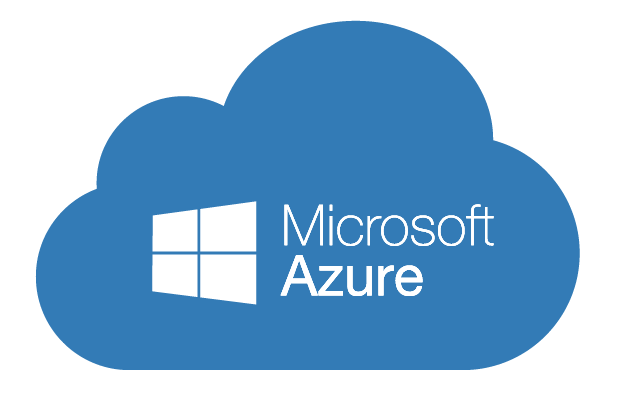On July 19, 2024, Microsoft Azure cloud platform experienced a major global outage that caused widespread disruptions across multiple sectors. The outage was triggered by a problematic update from cybersecurity firm CrowdStrike, affecting everything from air travel to financial markets and major technology companies.
This incident has highlighted the critical role cloud services play in our daily lives and the extensive ripple effects their failures can create.
The Scope of the Outage
The outage began in Microsoft’s Azure services in the Central U.S. region but quickly spread worldwide. Microsoft’s status page reported that the issue stemmed from a configuration change in its Azure backend systems.
This problem led to connectivity failures and disruptions in service management, impacting various Microsoft 365 applications and services that rely on Azure’s cloud infrastructure.
Impact on Air Travel
One of the most noticeable effects of the Azure outage was on air travel. Airports around the globe faced significant disruptions as airlines struggled with technical issues. In the U.S., major airports, including those in New York and Los Angeles, reported delays and operational challenges.
Airlines had to revert to manual check-in processes, causing long lines and frustration among passengers.
For instance, in major U.S. airports like Los Angeles International (LAX) and New York’s JFK, airlines experienced severe delays.
Automated systems for check-in and boarding were down, leading to extended wait times for travelers. The situation was exacerbated by the need for manual processing of passenger information, which slowed down operations significantly.
Financial Sector Disruptions
The financial markets were also heavily impacted by the outage. Major brokerage firms and stock exchanges faced difficulties as a result of the tech disruption.
CloudStrike, the cybersecurity firm associated with the update, saw its share price plummet by 18.67%, reflecting investor concerns. Microsoft’s stock also dropped by 2.5% in premarket trading.
The outage affected financial institutions and trading platforms across the globe. Brokerages reported issues with executing trades and accessing financial data. Major trading platforms, including those used by everyday investors, experienced outages that disrupted normal trading activities.
The ripple effect was felt across the financial sector, causing market instability and investor anxiety.
Government and Industry Responses

In response to the incident, various government and industry bodies acted quickly. The U.S. Department of Homeland Security’s Cybersecurity and Infrastructure Security Agency (CISA) issued a statement highlighting the severity of the outage.
They emphasized the widespread impact on critical systems and urged organizations to take precautions while the issue was being addressed.
Microsoft acknowledged the issue, explaining that the outage was due to a configuration change in their Azure backend systems. This change caused interruptions between storage and compute resources, leading to connectivity failures that affected several Microsoft 365 services.
Microsoft assured users that they were working diligently to resolve the problem and that a resolution was anticipated soon.
CrowdStrike clarified that the outage was not a result of a cyberattack but rather a defect in a single content update for Windows hosts.
The company stated that Mac and Linux hosts were unaffected and emphasized that they were working with customers to address the issue. CrowdStrike advised organizations to use official channels for updates and support.
Public and Media Reactions
The outage quickly became a hot topic on social media, where reactions ranged from frustration to humor. Notably, billionaire Elon Musk took to X (formerly Twitter) to mock the situation, sharing a meme of the infamous ‘Blue Screen of Death.’
This humorous take on the outage resonated with many and became a viral moment, highlighting both the seriousness and the absurdity of the situation.
The Microsoft Azure outage on July 19, 2024, serves as a stark reminder of the crucial role cloud services play in modern infrastructure. The disruptions were felt globally, affecting air travel, financial markets, and everyday tech users.
As Microsoft and CrowdStrike work to resolve the issue, the full impact of the outage continues to unfold. This incident underscores the need for robust contingency planning and highlights the vulnerabilities associated with reliance on cloud-based systems.





